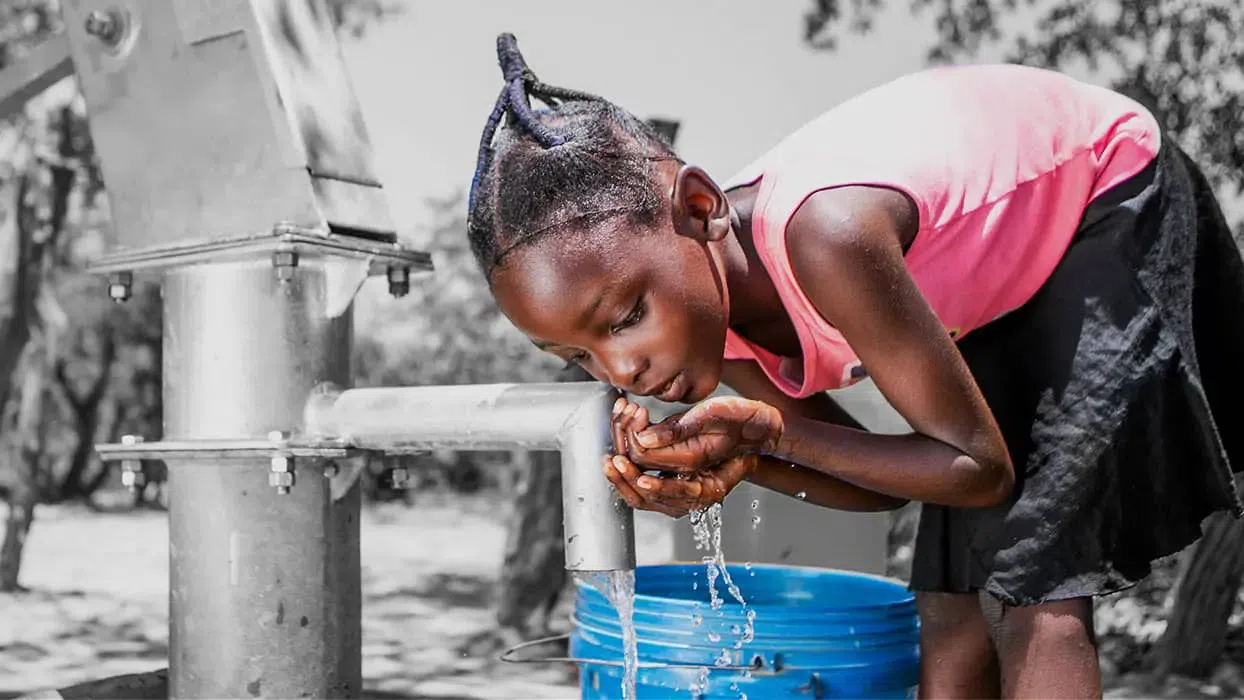Clean and safe drinking water remains one of the most fundamental pillars of public health and human development. Across the world, access to quality water serves as a key indicator of a nation’s progress in health, infrastructure, and environmental management.
According to the 2025 Water Quality by Country rankings by World Population Review, the availability and safety of drinking water vary significantly across regions. The rankings, which draw on data from the Environmental Performance Index (EPI), assess countries based on the number of disability-adjusted life years (DALYs) lost per 100,000 people due to exposure to unsafe water. Nations with lower DALY figures demonstrate stronger water quality management systems and safer drinking water sources.
Globally, a select group of countries has set the benchmark for water safety. Germany, the United Kingdom, Italy, Switzerland, and Greece all scored a perfect 100 on the 2025 index, meaning their citizens enjoy some of the safest drinking water in the world. These nations benefit from advanced purification technologies, rigorous quality monitoring, and well-maintained infrastructure that ensures water safety from source to tap.
ALSO READ: Top 10 Countries in Africa That Consume the Most Rice: 2025 Rankings
In North America, Canada and the United States also achieved scores above 95, reflecting decades of investment in water treatment systems and strict environmental regulations. At the other end of the spectrum, several countries, particularly in parts of Africa and South Asia, recorded scores below 30, highlighting ongoing challenges in providing clean and safe drinking water to their populations.
In Africa, where geography, economic conditions, and governance structures are as diverse as its cultures, water quality often reflects broader developmental patterns. While some nations have made commendable progress in expanding access to treated water, others continue to struggle with pollution, inadequate infrastructure, and disparities between urban and rural access.
The 2025 data show positive progress in several African countries that have prioritised modern water treatment technologies, improved sanitation networks, and increased public awareness about water safety.
North African and Southern African countries dominate the rankings, largely due to robust public water systems, strict environmental regulations, and sustained investments in purification infrastructure. In many cases, coordinated government action and community-led initiatives have significantly raised water quality standards and reduced health risks linked to contaminated sources.
Interestingly, not all the top performers are the continent’s wealthiest nations. This underscores that political will, effective management, and public education are often as critical as financial capacity. Smaller nations with well-organised water utilities and clear environmental frameworks tend to achieve high water safety scores despite limited resources.
ALSO READ: Can Your Landlord Frustrate You Into Leaving Your Home? Here’s What Ghana’s Rent Law Says
Conversely, some wealthier countries face mounting challenges as rapid urbanisation and population growth place increasing pressure on water systems.
The 2025 rankings provide a valuable benchmark for governments, policymakers, and environmental agencies to assess progress and identify areas requiring improvement. Beyond the statistics, they highlight the importance of governance, innovation, and civic participation in ensuring every household has access to safe drinking water.
ALSO READ: Top 10 Countries in Africa with the Most Expensive Internet Data: 2025 Rankings
Ultimately, investments in clean water go beyond public health benefits. They enhance productivity, strengthen education outcomes, and build resilience against the growing impacts of climate change.
10 Countries in Africa with the Safest Drinking Water
|
Rank |
Country |
EPI Water Quality Score |
|---|
|
1 |
Mauritius |
63.4 |
|
2 |
Algeria |
61.3 |
|
3 |
Tunisia |
60.1 |
|
4 |
Morocco |
49.5 |
|
5 |
Seychelles |
51.8 |
|
6 |
Egypt |
54.3 |
|
7 |
Gabon |
35.3 |
|
8 |
Equatorial Guinea |
34.4 |
|
9 |
Senegal |
28.3 |
|
10 |
Ghana |
27.8 |
Discover more from Ghana Scoop
Subscribe to get the latest posts sent to your email.



